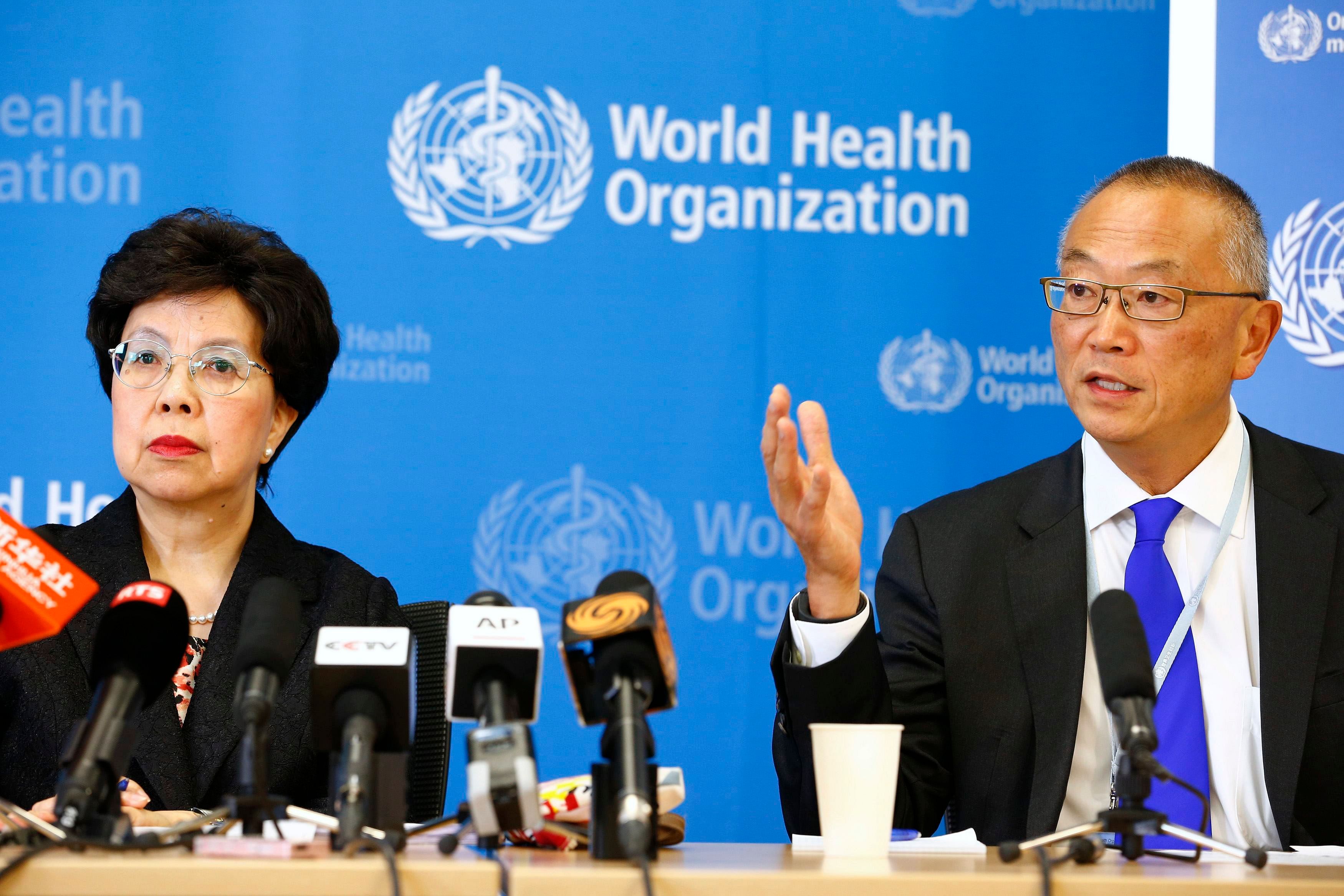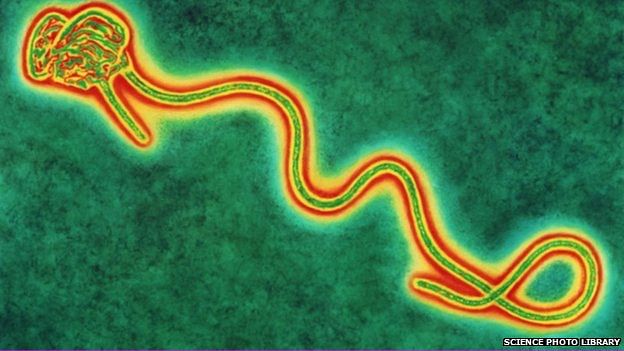Ebola 'an international emergency': WHO
Ebola 'an international emergency': WHO

The World Health Organization (WHO) has declared the spread of Ebola in West Africa an international health emergency.
WHO officials said the possible consequences were "particularly serious" because of the virulence of the virus.
The announcement came after experts convened a two-day emergency meeting in Switzerland.
So far more than 930 people have died from Ebola in West Africa this year.
The United Nations health agency said the outbreak was an "extraordinary event".

"A coordinated international response is deemed essential to stop and reverse the international spread of Ebola," it said in a statement.
The outbreak involves transmission in Guinea, Liberia, Nigeria and Sierra Leone.
The WHO said there would be no general ban on international travel or trade.

However, states should be prepared to detect, investigate and manage Ebola cases, including at airports, it said.
- Symptoms include high fever, bleeding and central nervous system damage
- Fatality rate can reach 90% - but the current outbreak is about 55%
- Incubation period is two to 21 days
- There is no vaccine or cure
- Supportive care such as rehydrating patients who have diarrhoea and vomiting can help recovery
- Fruit bats are considered to be virus' natural host